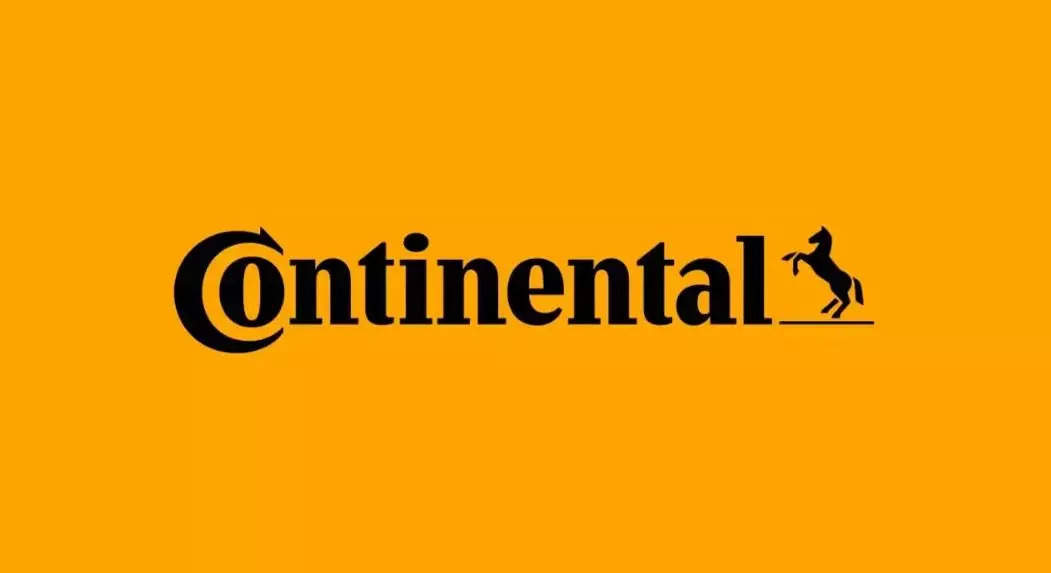
Germany’s Continental expects a strong fourth quarter for its automotive business and higher growth in the global auto market this year than previously forecast, but said its outlook for next year is slightly more conservative.
The multinational auto parts manufacturer on Wednesday adjusted its expectations for sales growth in the autos market to 5-7%, from 3-5% previously.
However, while it was too soon to set its own outlook, Continental said it shared S&P Global‘s forecast of just 1-3% growth in light vehicle sales next year.
Continental reported earnings in line with consensus for the third quarter on the back of higher prices, lower inventory and stabilised supply chains, a boost after its second quarter results were weighed down by higher costs and working capital.
Earnings were up 7.1% from the previous year to 637 million euros ($681 million).
Talks to agree on higher pricing were “not easy” but the company expected to be negotiating again with customers in the coming year and it “could well be” that prices needed to be hiked further, Chief Financial Officer Katja Garcia Vila said.
CHIP SUPPLY
A more stable supply of chips freed up the company to reduce its inventories, boosting free cash flow.
Still, some chip types would remain in short supply until at least 2025, Garcia Vila said, in part because of rising demand as higher connectivity and autonomous driving capabilities in cars become more common.
Nonetheless, Continental would carry on reducing inventory in the fourth quarter in order to hit its adjusted free cash flow target of 0.8-1.2 billion euros, a steep jump from the 497.3 million loss reported between January and September.
“We still have significant ground to gain in the fourth quarter,” Garcia Vila said.
Its automotive business, which suffered a loss in the second quarter, was back in profit with an adjusted earnings margin of 2.8%.
Still, negative currency exchange rates prompted it to adjust the cars business sales outlook slightly downwards to 20 billion euros, from 21 billion euros previously.
It raised its outlook for the adjusted margin of its tyres business to 12.5-13.5%, from 12-13% previously, as higher pricing compensated for a decline in North America and Europe.









